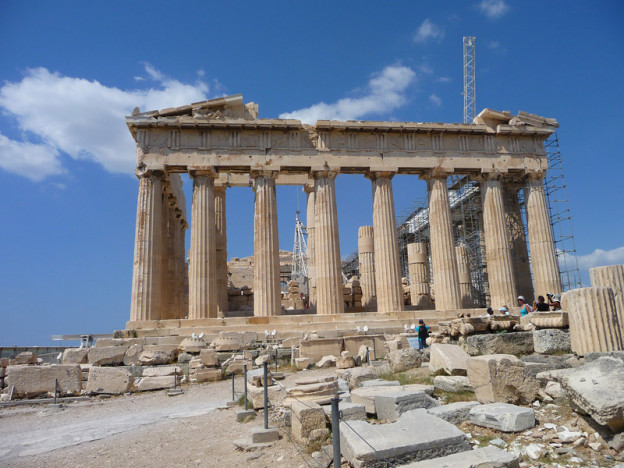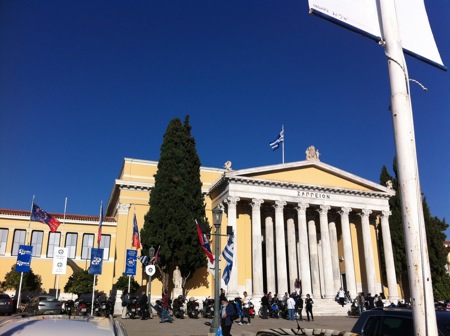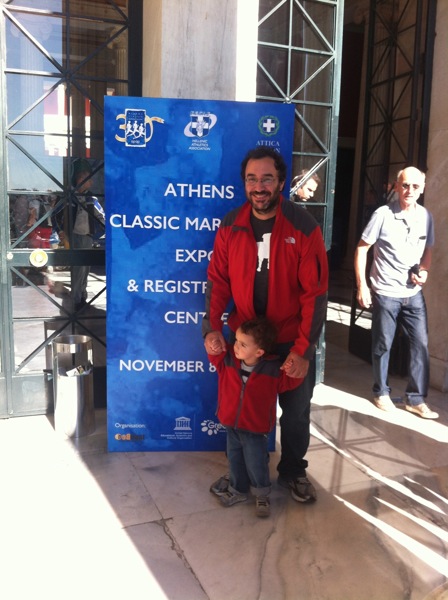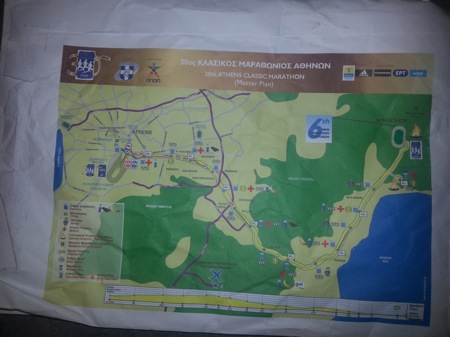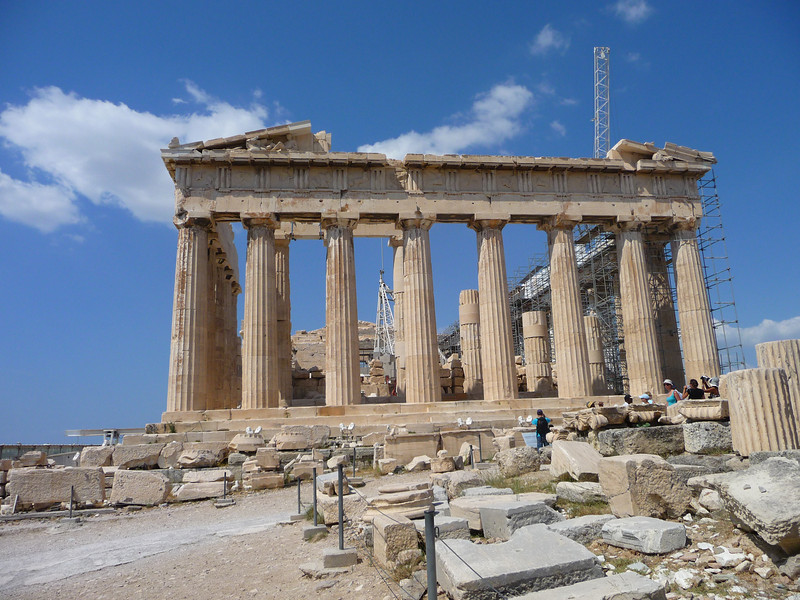 Argh, I really hate this debate.
Argh, I really hate this debate.
Greeks want the Marbles back, English say no, rinse repeat and recycle.
There is, however, an important subtext here that I find interesting that the author of the Guardian made:
Another reason is that the marbles belong to Greece. The temple itself was built in the 5th century BC by the city-state of Athens for Athena, its patron goddess, and it housed the tribute the Athenians received from the other city-states subject to them: hardly a symbol of Greek democracy or fellow-feeling. Athens ceased to exist as a Greek polis in the 6th century AD, well over a thousand years before the seventh Earl of Elgin removed them from the Ottoman empire. The nation of Greece dates back to 1830, 20 years after Elgin finished his dirty work, and 14 years after the British state turned them over to the British Museum, whose trustees are now the legal owners of the sculpture. It is hard to see what the modern nation states of Greece and the UK, or the issue of ownership, really have to do with the question of where the Parthenon sculptures are best displayed.
The debate here, really, is about who the Greeks are. The Greeks believe that their ancestors built the Parthenon. This isn’t some abstract concept in Greece. We speak a language that is trivially derived from what was spoken at the time of Pericles. Our national identity is wrapped in the following saying:
When our ancestors were building the Parthenon yours were painting themselves blue.
The Guardian is making the claim we’re not the same Greeks. That we’re just a bunch of dudes who happened to be in the same geographical area that the Marbles were and our claim to ownership is dubious at best.
And that to me is an interesting point of view. I’m not even sure it’s wrong. But it does reflect the underlying bias that has been behind the Elgin Marble debate. A subset of the advocates of keeping it in England are basically saying: This doesn’t belong to you because you’re not related to the ancient Greeks. And the Greeks are saying: You’re wrong.
I find it fascinating how in Europe we can have these kinds of debates, where one country’s journalists can so … bluntly … deny another country’s heritage.
So why is this denial so important? Because if you make this denial, then Greek history is not the history of a civilization that spans 2500 years, but one that spans 180. And if you can do that about the Greeks, you can do that about anyone.
At some level, this is a racist point-of-view. You Greeks are not worthy of the Marbles, because you’re not those Greeks – you’re just a bunch of people who magically showed up in the same geographical location speaking the same language who preserved those monuments for no good reason. The racial argument is appalling. And it’s the kind of thing I expect from Europeans.
Elgin stole, what to Greeks is, our heritage. And then to have the Guardian deny our heritage, is well… odd.
This debate about the Marbles isn’t about placement, it’s about whether the Greeks are Greek, and what it means to be Greek, and the unwillingness of the UK establishment to acknowledge Greeks for being Greeks and that lack of recognition will continue to be the reason why this debate will never go away.
And the fact that journalists in the UK still don’t get it is, well, disappointing if not surprising.



